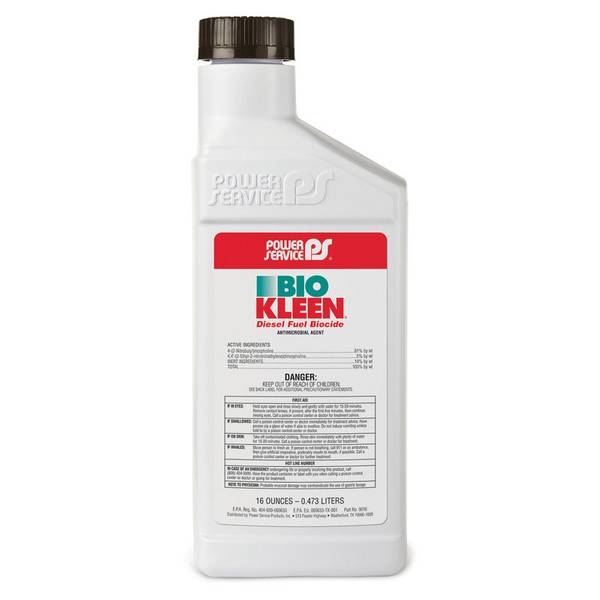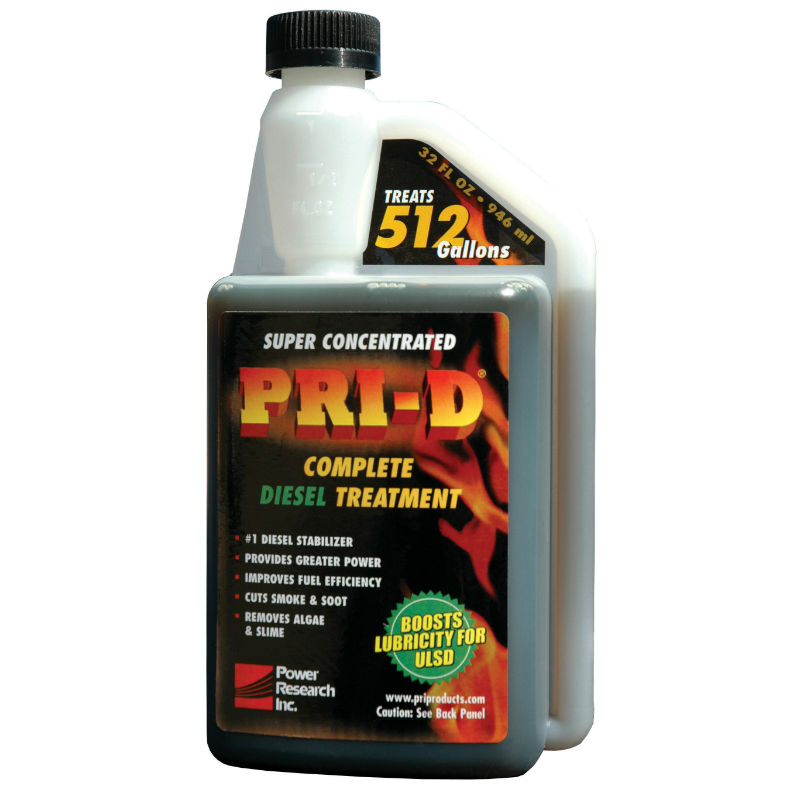Bright Raven
Well-known member
Opti Lube Ag is a new additive for Agriculture equipment by Opti Lube. It increases storage stability, boosts cetane rating, cleans fuel system parts like injectors, improves cold starts, and improves water separation. I have used Opti Lube for years.
I wonder sometimes if it makes that much difference. Opti Lube does rate among the top three additives in the test I have seen.
I wonder sometimes if it makes that much difference. Opti Lube does rate among the top three additives in the test I have seen.




